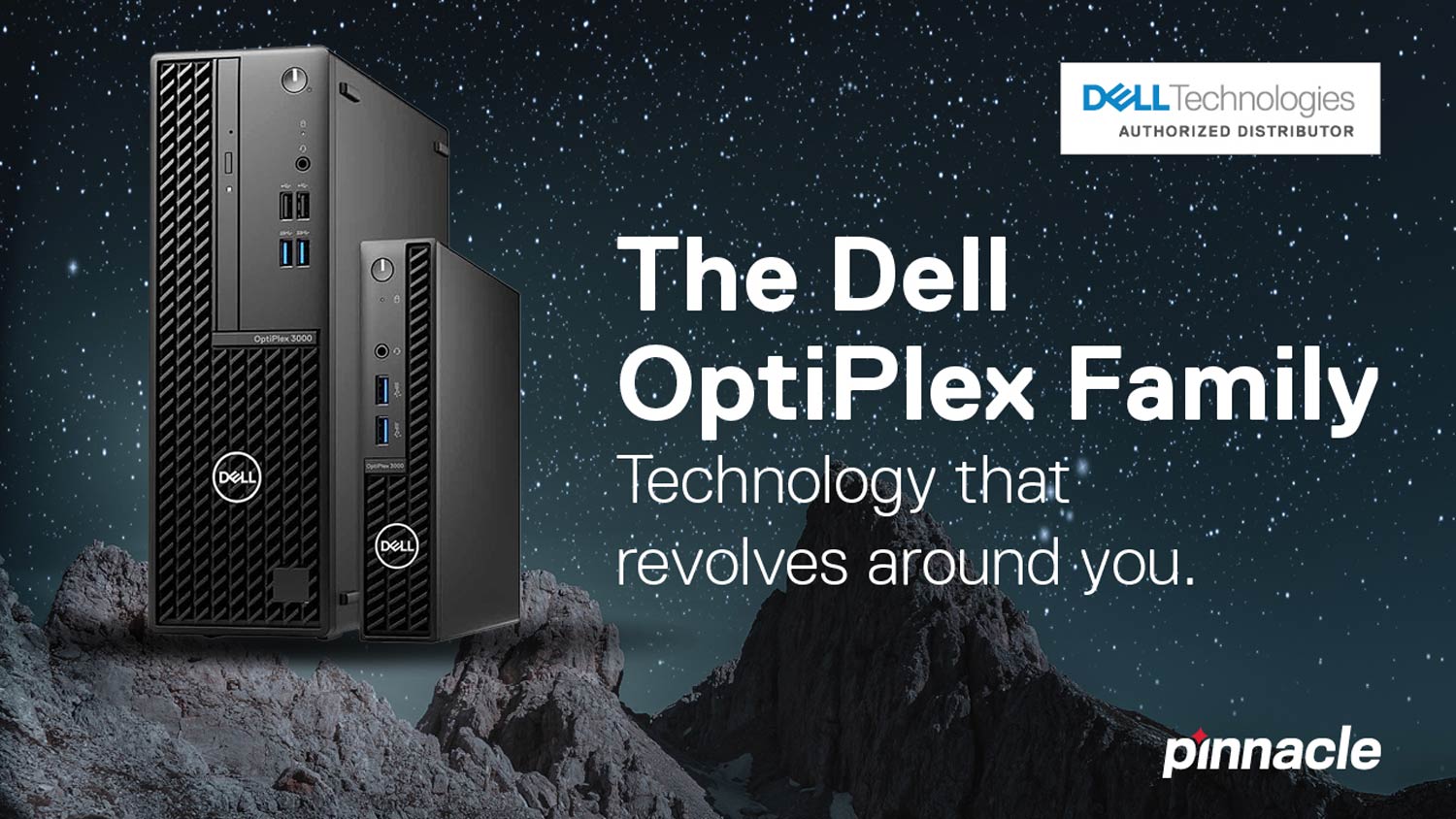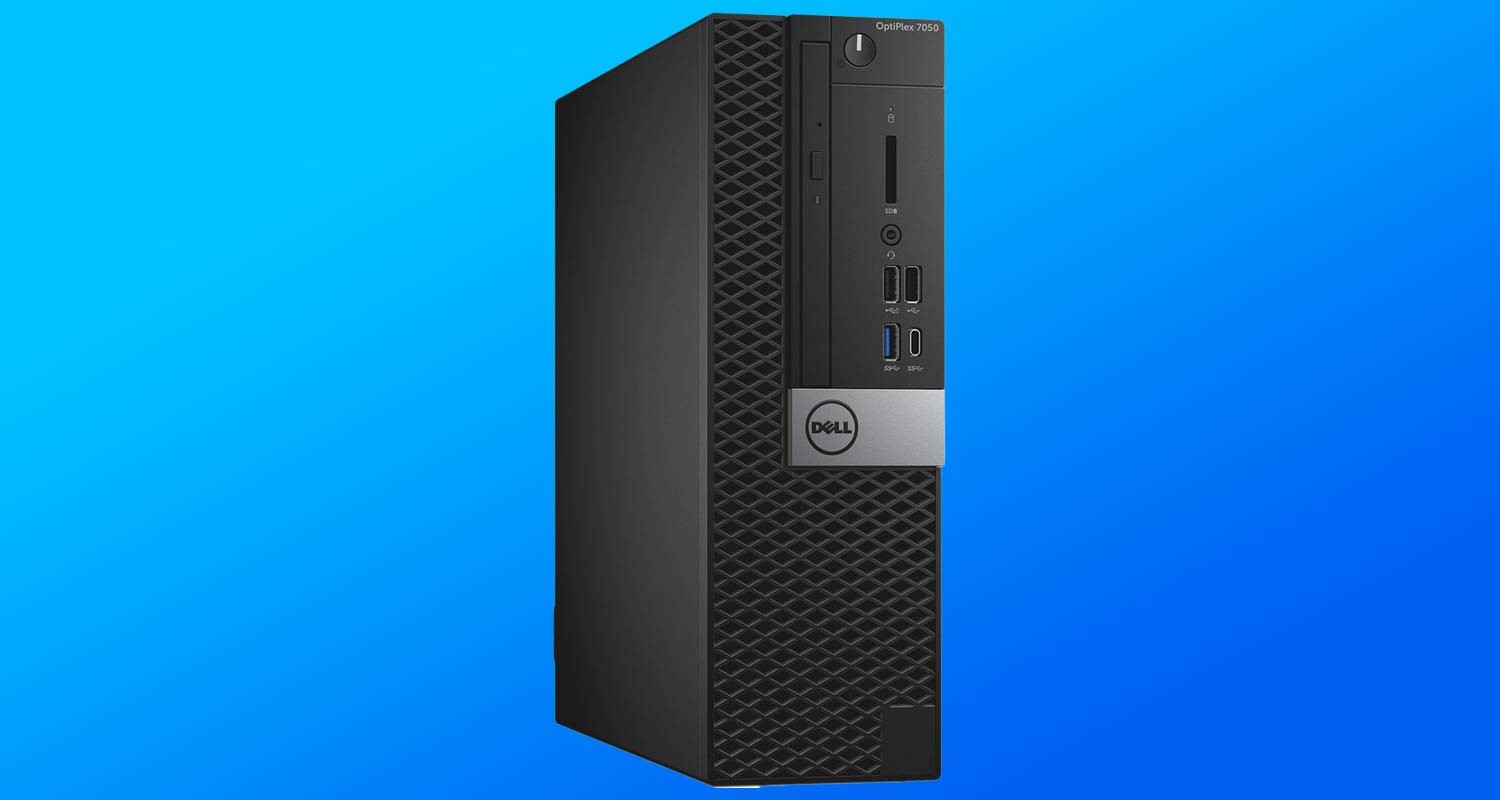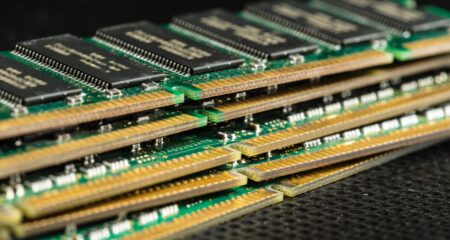 Computers have become critical business tools that are used in every aspect of an organisation’s operations, such as admin, sales, product development, HR, marketing and finance. This is why it is crucial that business leaders take the time to select the machines, software and peripherals that meet their needs.
Computers have become critical business tools that are used in every aspect of an organisation’s operations, such as admin, sales, product development, HR, marketing and finance. This is why it is crucial that business leaders take the time to select the machines, software and peripherals that meet their needs.
However, when it comes to buying computers for the business, there is such a wide variety of options that many companies have no idea where to start. Given the breadth and diversity of vendors and solutions, making the right choice of the best technology for the organisation can be daunting.
From the highly cost-effective entry-level desktops to the most powerful workstations and sleek all-in-ones, choosing the best PC for business depends entirely on the workload each machine needs to run and how its users will interact with the device.
The best option for the business
Business leaders who are thinking of buying new computers have several decisions to make, such as whether they want laptops or desktops, and how much power they need to run specific workloads. Laptops have grown in popularity over the past 10 years as their portability, reliability and performance have grown tremendously, even as their price has dropped. However, many experts are of the option that desktops are still a better option for many companies.
A desktop computer is a fixed and immobile system designed to be stationed on a desk within an office or bedroom. Its components typically encompass a central tower, a monitor, a keyboard and a mouse. In comparison to laptops, desktop PCs offer a higher degree of customisation. When opting for a desktop setup, businesses have the flexibility to assemble cutting-edge components for every facet of the computer and can easily upgrade these parts as they become obsolete. As a result, desktop computers tend to have a significantly longer lifespan than laptops.
On the other hand, a laptop or notebook represents a portable, all-in-one device. Laptops integrate a built-in screen, a keyboard and a trackpad, with varying dimensions available. While laptops are somewhat constrained by their size, many modern batteries possess ample capacity to deliver 12 or more hours of runtime before requiring a recharge. However, unlike desktops, laptops possess limited or even nonexistent upgrade options, leading to a comparatively shorter overall lifespan than desktop systems.
The cost to purchase and maintain
When deciding which option is better for the business, there are a few factors to consider.
Firstly, the cost to buy and maintain these machines is a major factor. When comparing desktop and laptop computers with similar processing speeds and features, desktops generally offer a more budget-friendly option. Furthermore, when it comes to repairs, desktops tend to have an advantage due to their ability to change or upgrade internal components.
Both desktops and laptops also come in a wide range of sizes. If space is limited in the workspace, it’s important to assess the dimensions and forms of available machines. Ergonomics also plays a crucial role – if employees will be spending significant hours at their desks, selecting a system that promotes proper body posture becomes paramount.
 Sometimes laptops can pose greater ergonomic challenges. However, these obstacles can be overcome by buying a separate monitor and other accessories. This is particularly true when it comes to keyboards, as laptop keyboards are generally flatter in comparison to their desktop counterparts.
Sometimes laptops can pose greater ergonomic challenges. However, these obstacles can be overcome by buying a separate monitor and other accessories. This is particularly true when it comes to keyboards, as laptop keyboards are generally flatter in comparison to their desktop counterparts.
Ultimately, business owners need to choose the computers that best meet their needs. For some, this might mean maximising office space; for others, it means more performance, security or collaboration. Every industry has different priorities.
OptiPlex by Dell
Fortunately, Dell Technologies, brought to South Africa by leading ICT distributor Pinnacle, has a comprehensive portfolio of computers for business that makes it easy to find the best computer for any work application. Bringing reliability, innovative features and unparalleled user experiences, Dell offers computing power that helps businesses stay ahead of the curve.
Dell’s OptiPlex range has users in every industry covered. Its completely refreshed and expanded portfolio offers innovative desktop form factors and solutions built to intelligently adapt to the organisation’s evolving business needs. With nearly three decades of desktop leadership, customers realise that OptiPlex is the tool they can rely on every day – they just work.
Bringing simple, modern and secure solutions for IT and a next-level experience for employees, OptiPlex can support any entity’s return-to-site initiatives and even help make hybrid work a long-term strategy for real business success. OptiPlex offers unmatched reliability and intelligence with sustainably built desktops that revolve around the business and its unique requirements.
This is just the tip of the iceberg. To view the full OptiPlex range, and examine its unrivalled set of features, download the brochure today.
- Read more articles by Pinnacle and Dell Technologies on TechCentral
- This promoted content was paid for by the party concerned




